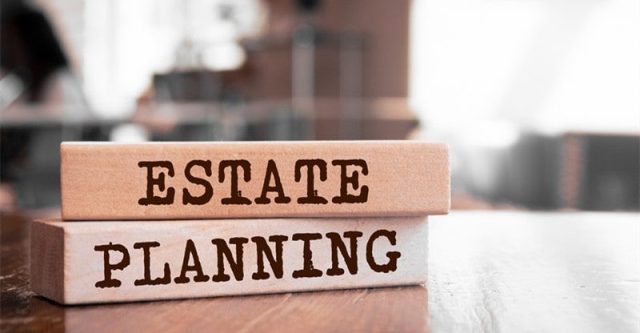Creating an Estate Plan: A Simple Guide
Planning your estate might feel overwhelming, but it’s an important step to ensure your wishes are clearly documented. Don’t assume your loved ones will automatically know what you want—putting it in writing helps them follow your exact preferences. Here’s how to get started:
1. Find the Right Estate Planning Attorney
- Hire a skilled attorney (like those at Hays Firm) to guide you.
- DIY options exist, but professionals are best for complex situations (e.g., owning a business or multiple properties).
- An expert ensures your plan fits your unique needs.
2. Be in the Right Mindset
- Start planning when you’re calm and clear-headed.
- Avoid making decisions when upset, tired, or emotionally drained.
- A balanced mindset leads to a stronger plan.
3. Organize Your Assets
- Update insurance policies (life, jewelry, etc.).
- List all assets to identify what needs attention.
- Review and adjust documents regularly—especially after major life changes.
4. Prepare for the Unexpected
- Life can change suddenly (accidents, illnesses, etc.).
- Consider long-term care insurance—it’s not just for the elderly.
- Planning ahead protects you and your family financially.
5. Prioritize Your Family’s Needs
- Your estate plan should support your loved ones.
- Think about reducing their stress and financial burdens.
6. Set Up Your Wills
- Simple Will: Outlines asset distribution after your passing.
- Living Will: Specifies medical preferences if you’re unable to communicate.
7. Choose Beneficiaries Carefully
- For many, this means spouses or children—but every situation is different.
- Ask your attorney for guidance if you’re unsure.
8. Name an Executor and Power of Attorney
- Power of Attorney: Manages decisions if you’re incapacitated.
- Executor: Ensures your will is followed after your passing.
- These roles can be the same person or separate individuals.
9. Secure Important Documents
- Store wills, birth certificates, and other vital records safely (e.g., a safety deposit box).
- Inform your executor and power of attorney where to find them.
Final Tip:
Even if you’re young, creating a basic estate plan is wise. Update it as your life changes—it’s easier to adjust an existing plan than to start from scratch later.




























